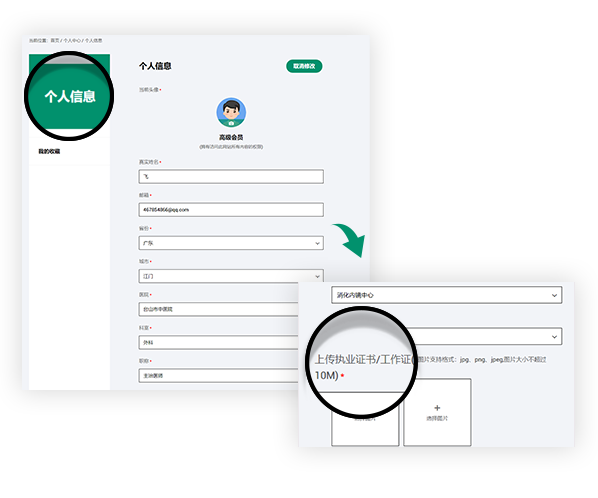Join us you will be able to get the following rights
Get fresh academic and clinical information
Sign up for exclusive endoscopy contests and training courses
Use online training software
Watch the LIVE of academic conferences and surgery
Endoscopic three-categorical diagnosis of Helicobacter pylori infection using linked color imaging and deep learning: a single-center prospective study (with video)
Endoscopic three-categorical diagnosis of Helicobacter pylori infection using linked color imaging and deep learning: a single-center prospective study (with video)
H Nakashima, H Kawahira, H Kawachi, N Sakaki - Gastric Cancer, 2020
Background:Helicobacter pylori (H. pylori) eradication is required to reduce incidence related to gastric cancer. Recently, it was found that even after the successful eradication of H. pylori, an increased, i.e., moderate, risk of gastric cancer persists in patients with advanced mucosal atrophy and/or intestinal metaplasia. This study aimed to develop a computer-aided diagnosis (CAD) system to classify the status of H. pylori infection of patients into three categories: uninfected (with no history of H. pylori infection), currently infected, and post-eradication.
Methods:The CAD system was based on linked color imaging (LCI) combined with deep learning (DL). First, a validation dataset was formed for the CAD systems by recording endoscopic movies of 120 subjects. Next, a training dataset of 395 subjects was prepared to enable DL. All endoscopic examinations were recorded using both LCI and white-light imaging (WLI). These endoscopic data were used to develop two different CAD systems, one for LCI (LCI-CAD) and one for WLI (WLI-CAD) images.
Results:The diagnostic accuracy of the LCI-CAD system was 84.2% for uninfected, 82.5% for currently infected, and 79.2% for post-eradication status. Comparisons revealed superior accuracy of diagnoses based on LCI-CAD data relative based on WLI-CAD for uninfected, currently infected, and post-eradication cases. Furthermore, the LCI-CAD system demonstrated comparable diagnostic accuracy to that of experienced endoscopists with the validation data set of LCI.
Conclusions:The results of this study suggest the feasibility of an innovative gastric cancer screening program to determine cancer risk in individual subjects based on LCI-CAD.
声明
富士胶片内镜世界(LIFE World)所登载的内容及其版权和使用权归作者本人与富士胶片所有。如发现会员擅自复制、更改、公开发表或其他以盈利为目的的使用,富士胶片将追究其法律责任。网站信息中涉及的治疗手技皆为术者个人针对该名患者特定体质及健康状况所采取的手法;术者对器械和药品种类的选择,也受到手术发生时间、地点等诸多因素的影响。因而相关内容及信息仅供会员参考。如盲目使用网站信息中涉及的治疗手技而发生意外,恕富士胶片及本网站对此不承担任何责任。



















